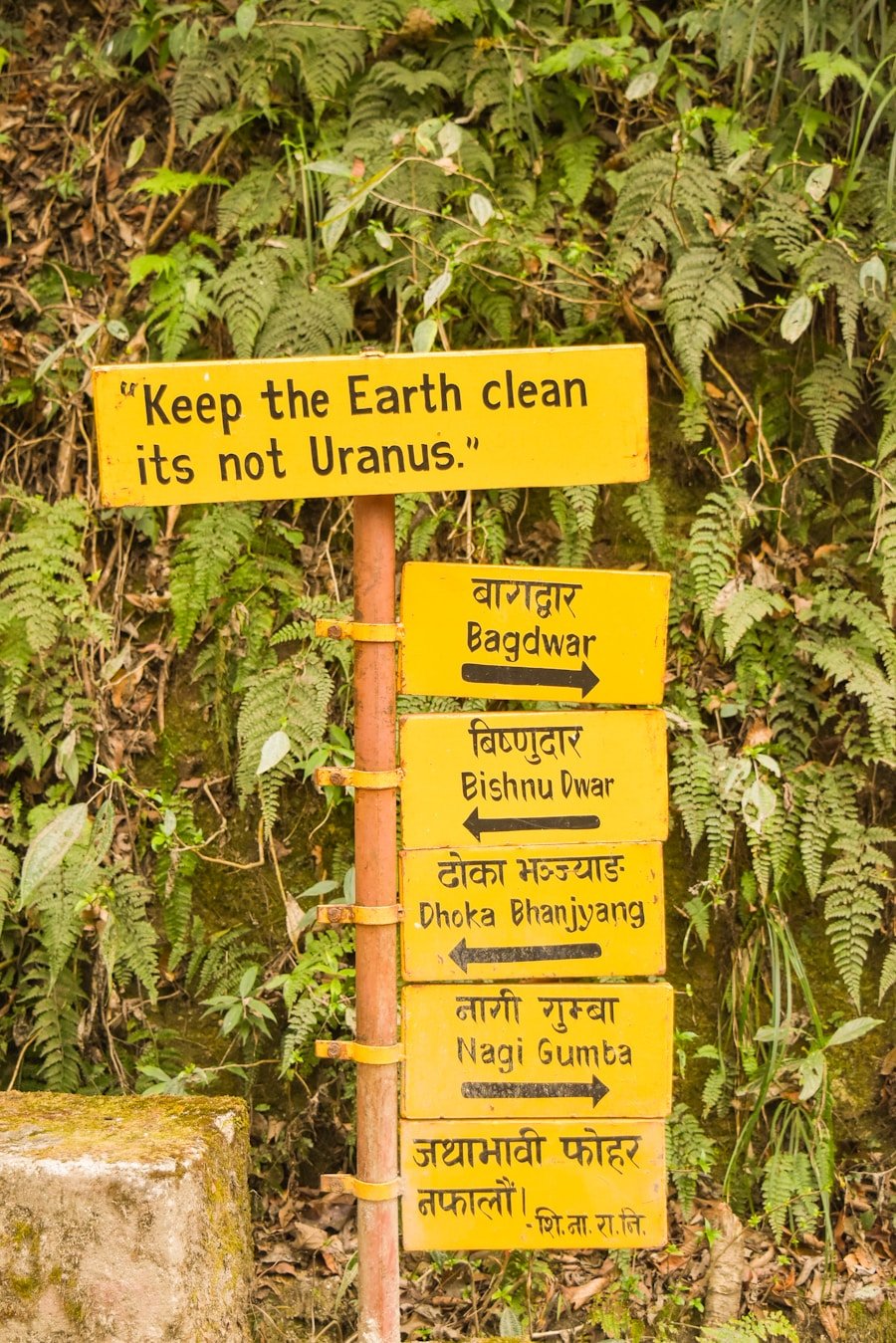This post may contain affiliate links. When you purchase through links on our site, we may earn an affiliate commission.
Sustainable tourism is a concept that has gained significant traction in recent years, and for good reason. At its core, sustainable tourism seeks to minimize the negative impacts of travel on the environment, local cultures, and economies while maximizing the benefits for all stakeholders involved. I have come to appreciate that this approach is not merely about preserving natural resources; it is about creating a harmonious balance between the needs of tourists and the communities they visit.
By understanding sustainable tourism, I recognize that it encompasses a wide range of practices, from eco-friendly accommodations to responsible wildlife interactions. As I delve deeper into the principles of sustainable tourism, I realize that it is built on three pillars: environmental integrity, social equity, and economic viability. Each of these elements plays a crucial role in ensuring that tourism can be enjoyed by future generations.
For instance, I have learned that protecting natural habitats and biodiversity is essential for maintaining the very attractions that draw tourists in the first place. Additionally, fostering respect for local cultures and traditions helps to create a more enriching experience for travelers while empowering communities economically. This holistic approach to tourism resonates with me, as it emphasizes the interconnectedness of our actions and their consequences.
Key Takeaways
- Sustainable tourism aims to minimize the negative impact on the environment, culture, and economy, while maximizing the benefits for local communities and conservation efforts.
- Sustainable tourism is important for preserving natural and cultural resources, reducing carbon footprint, and promoting responsible travel practices.
- Strategies for implementing sustainable tourism include promoting low-impact transportation, supporting local businesses, and educating tourists about sustainable practices.
- Engaging local communities in sustainable tourism involves empowering them to participate in decision-making processes, providing economic opportunities, and preserving their cultural heritage.
- Promoting eco-friendly practices in tourism includes reducing waste, conserving water and energy, and supporting wildlife conservation efforts.
The Importance of Sustainable Tourism
The importance of sustainable tourism cannot be overstated. As I reflect on my own travel experiences, I recognize that tourism can have both positive and negative effects on destinations. On one hand, it can provide much-needed revenue and employment opportunities for local communities.
On the other hand, unchecked tourism can lead to environmental degradation, cultural erosion, and social inequality. This duality has made me acutely aware of the need for a more responsible approach to travel. Moreover, sustainable tourism is vital in addressing pressing global challenges such as climate change and biodiversity loss.
I have come to understand that the travel industry is a significant contributor to greenhouse gas emissions, and as travelers, we have a responsibility to mitigate our impact. By choosing sustainable options—such as carbon-neutral transportation or eco-friendly accommodations—I can contribute to a more sustainable future. This realization has inspired me to advocate for practices that not only benefit my own travel experiences but also protect the planet for generations to come.
Strategies for Implementing Sustainable Tourism

Implementing sustainable tourism requires a multifaceted approach that involves various stakeholders, including governments, businesses, and travelers like myself. One effective strategy I have encountered is the development of sustainable tourism policies at the governmental level. By establishing regulations that promote eco-friendly practices and protect natural resources, governments can create an environment conducive to sustainable tourism.
For instance, I have seen how policies that limit the number of visitors to sensitive areas can help preserve those ecosystems while enhancing the quality of the visitor experience. Another strategy involves encouraging businesses within the tourism sector to adopt sustainable practices. As a traveler, I am increasingly drawn to companies that prioritize sustainability in their operations.
This includes hotels that implement energy-saving measures, tour operators that promote responsible wildlife viewing, and restaurants that source local ingredients. By supporting these businesses, I not only enhance my own travel experience but also contribute to a more sustainable tourism economy. It is heartening to see how many companies are now recognizing the importance of sustainability and are taking proactive steps to align their practices with these values.
Engaging Local Communities in Sustainable Tourism
| Community | Number of Participants | Engagement Activities |
|---|---|---|
| Local Village A | 50 | Community clean-up, cultural workshops |
| Coastal Town B | 75 | Beach conservation, eco-tourism training |
| Mountain Community C | 40 | Trail maintenance, sustainable farming workshops |
Engaging local communities is a cornerstone of sustainable tourism that I find particularly compelling. When communities are actively involved in tourism development, they are more likely to benefit from its economic opportunities while preserving their cultural heritage. I have witnessed firsthand how community-based tourism initiatives can empower locals by providing them with a platform to share their traditions and stories with visitors.
This not only enriches the travel experience but also fosters mutual respect between tourists and hosts. Moreover, I believe that involving local communities in decision-making processes is essential for creating sustainable tourism models. When locals have a say in how tourism is developed in their area, they can advocate for practices that align with their values and priorities.
For example, I have seen communities successfully implement initiatives that promote cultural preservation or environmental conservation as part of their tourism offerings. This collaborative approach not only enhances the authenticity of the travel experience but also ensures that the benefits of tourism are equitably distributed among community members.
Promoting Eco-Friendly Practices in Tourism
Promoting eco-friendly practices in tourism is an essential aspect of sustainability that resonates deeply with me. As I explore new destinations, I am increasingly mindful of my environmental footprint and seek out options that align with my values. Simple actions like choosing public transportation over rental cars or opting for reusable water bottles can make a significant difference in reducing waste and conserving resources during my travels.
I have also discovered that many destinations are actively promoting eco-friendly practices through various initiatives. For instance, some cities have implemented programs to encourage visitors to participate in clean-up efforts or tree-planting activities. These experiences not only allow me to give back to the places I visit but also foster a sense of connection with the environment.
By embracing eco-friendly practices, I feel empowered to contribute positively to the destinations I explore while inspiring others to do the same.
Collaborating with Businesses for Sustainable Tourism

Partnerships for a Greener Future
Collaboration between various stakeholders is crucial for advancing sustainable tourism. I have seen how partnerships between businesses can lead to innovative solutions. For example, when hotels collaborate with local farmers to source organic produce, they not only support the local economy but also reduce their carbon footprint associated with food transportation.
Collective Action towards Sustainability
Additionally, I have noticed that many organizations are forming alliances to promote sustainable practices within the industry. These collaborations often involve sharing best practices, resources, and knowledge to drive collective action toward sustainability goals.
A Shared Vision for a Sustainable Tourism Ecosystem
As a traveler who values sustainability, I appreciate when businesses take these steps to create a more responsible tourism ecosystem. I find it inspiring to see businesses come together for a common purpose—creating a more sustainable future for tourism.
Monitoring and Evaluating the Impact of Sustainable Tourism
Monitoring and evaluating the impact of sustainable tourism is essential for ensuring its effectiveness and long-term viability. As I engage with various destinations, I have come to understand that data-driven approaches can provide valuable insights into how tourism affects local communities and environments. By collecting data on visitor numbers, resource consumption, and community feedback, stakeholders can assess whether their sustainability initiatives are achieving their intended goals.
I have also learned that transparency is key in this process. When destinations openly share their sustainability metrics with travelers, it fosters trust and encourages responsible behavior among visitors. For instance, I appreciate when hotels or tour operators provide information about their environmental practices or community engagement efforts.
This transparency not only enhances my travel experience but also motivates me to support businesses that prioritize sustainability.
The Future of Sustainable Tourism
As I look toward the future of sustainable tourism, I am filled with hope and optimism. The growing awareness of environmental issues and social responsibility among travelers has created a demand for more sustainable options in the industry. I believe this shift will continue to gain momentum as more people recognize the importance of protecting our planet and its diverse cultures.
Moreover, advancements in technology are likely to play a significant role in shaping the future of sustainable tourism. From smart travel apps that help travelers make eco-friendly choices to innovations in renewable energy for accommodations, technology has the potential to enhance sustainability efforts across the board. As someone who embraces new technologies in my travels, I am excited about the possibilities they present for creating a more sustainable future.
In conclusion, my journey into understanding sustainable tourism has been enlightening and transformative. By recognizing its importance, implementing effective strategies, engaging local communities, promoting eco-friendly practices, collaborating with businesses, monitoring impacts, and looking toward the future, I feel empowered to contribute positively to this evolving landscape. Sustainable tourism is not just a trend; it is a necessary evolution in how we approach travel—one that prioritizes our planet and its people while enriching our own experiences along the way.
If you are interested in sustainable tourism practices, you may also enjoy reading the article “Find Your Perfect Relaxation Travel Getaway Today” on A to Z Cozy Corner. This article may provide insights into eco-friendly travel options and destinations that prioritize sustainability. Additionally, you can explore more travel-related content on their blog “here“. For those looking to bring sustainability into their own homes, check out their article “Transform Your Space with Stylish Home Decor Ideas” for inspiration on creating an environmentally friendly living space.
FAQs
What is sustainable tourism?
Sustainable tourism refers to the practice of visiting a destination as a tourist and trying to make a positive impact on the environment, society, and economy. It involves minimizing the negative effects of tourism on the environment and local cultures while maximizing the benefits for the local community.
What are some examples of sustainable tourism practices?
Examples of sustainable tourism practices include supporting local businesses, conserving natural resources, reducing waste and pollution, respecting local cultures and traditions, and promoting wildlife conservation.
Why is sustainable tourism important?
Sustainable tourism is important because it helps to preserve natural and cultural resources for future generations, supports local economies, and promotes a more responsible and ethical approach to travel.
How can tourists contribute to sustainable tourism?
Tourists can contribute to sustainable tourism by choosing eco-friendly accommodations, supporting local businesses, respecting local customs and traditions, minimizing their environmental impact, and participating in responsible wildlife experiences.
What are the benefits of sustainable tourism?
The benefits of sustainable tourism include the preservation of natural and cultural resources, the support of local economies, the promotion of environmental conservation, and the enhancement of the overall travel experience for both tourists and local communities.





 using WordPress and
using WordPress and 
No responses yet